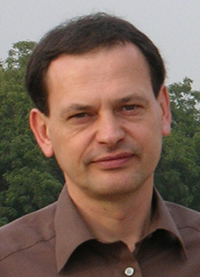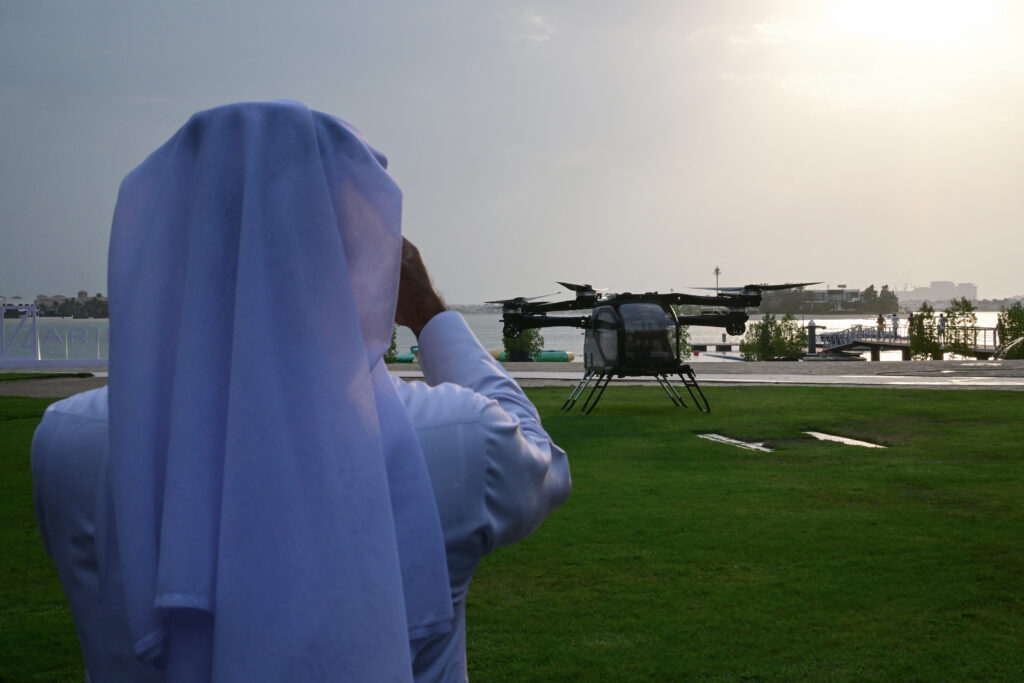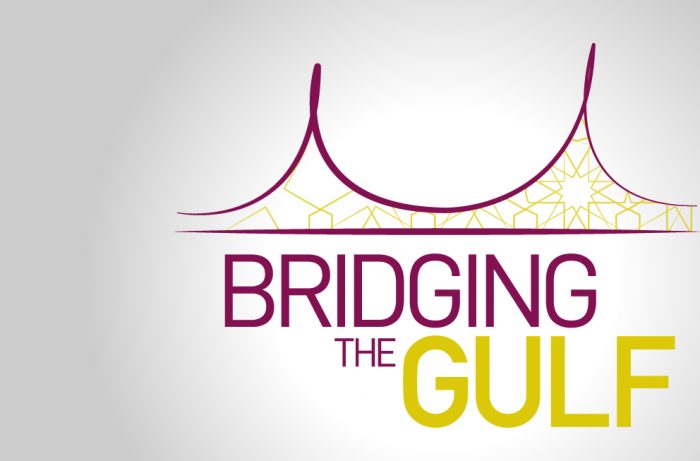- 27 Jan 2015
Islam and Modernity: A Critique of “Muslim Exceptionalism” in the Middle East
Abstract
The relationship between Islam and modernity is a grand theme in public and scholarly debates. Neo-orientalist and Islamist discourses have constructed a narrative of Islam as a holistic system according to which social spheres such as religion, politics and economics are inseparably joined together. In this way, they have defined Islam as a religious-social system which in principle is incompatible with the social differentiation of modern societies. In taking its starting-point in the events of the “Arab spring” this lecture presents a counter-narrative to the essentialist and anti-modern image of Islam. Informed by contemporary works in social theory, it will discuss the role of Islam in the modern Middle East and present a counter-narrative that suggests to understand social change in Muslim societies as an inseparable part of a larger process of the emergence of global modernity.
About the Speakers

Head, Center for Contemporary Middle East Studies
University of Southern Denmark
Dietrich Jung is a Professor and Head of Department at the Center for Contemporary Middle East Studies, University of Southern Denmark. He holds a MA in Political Science and Islamic Studies, as well as a Ph.D. from the Faculty of Philosophy and Social Sciences, University of Hamburg, Germany, and has large field experience in the Muslim world. He has published ten monographs and edited books as well as numerous scholarly articles on causes of war, peace and conflict studies, political Islam, modern Turkey and on conflicts in the Middle East. His most recent books are Orientalists, Islamists and the Global Public Sphere: A Genealogy of the Modern Essentialist Image of Islam (Sheffield: Equinox, 2011), and The Politics of Modern Muslim Subjectivities: Islam, Youth and Social Activism in the Middle East (with M. J. Petersen and S. L. Sparre, New York: Palgrave 2014).



